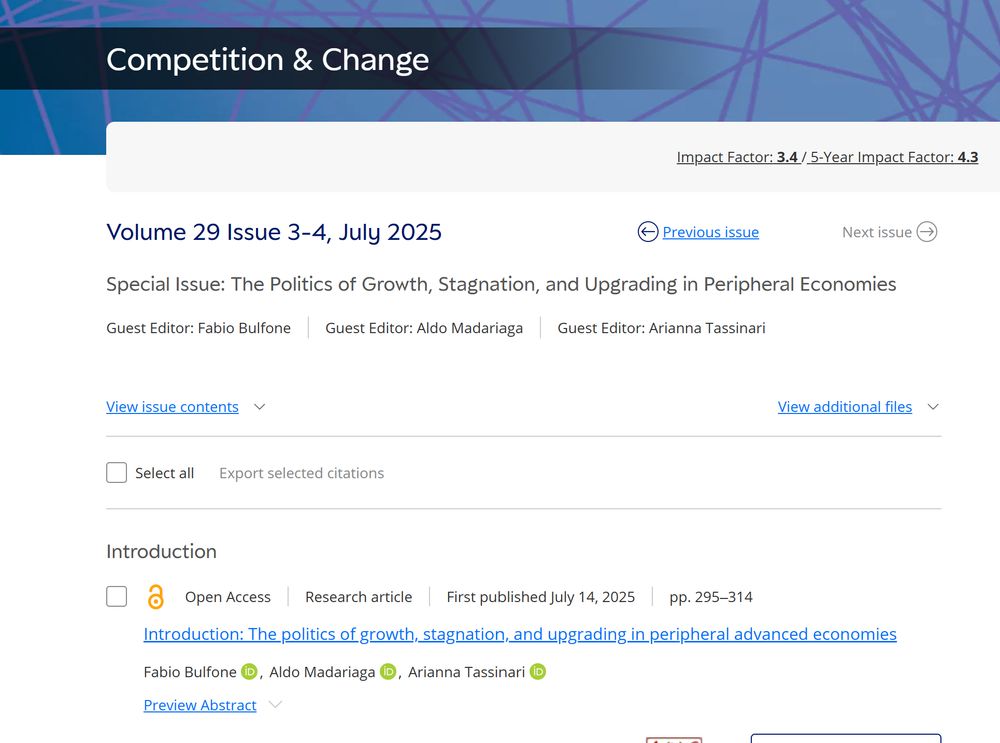Sidney Rothstein
@sidneyrothstein.bsky.social
1K followers
1.8K following
130 posts
Political scientist. Author of 𝑅𝑒𝑐𝑜𝑑𝑖𝑛𝑔 𝑃𝑜𝑤𝑒𝑟 (http://tinyurl.com/RePwr). Tech, labor politics, curiosities of capitalism.
Posts
Media
Videos
Starter Packs
Reposted by Sidney Rothstein
Reposted by Sidney Rothstein
Reposted by Sidney Rothstein
Reposted by Sidney Rothstein










